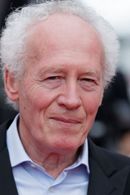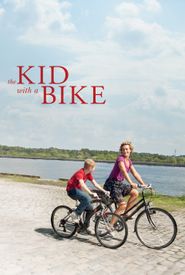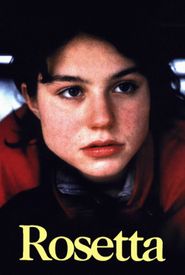Jean-Pierre Dardenne and his brother Luc began their creative journey by studying drama at the arts institute, laying the foundation for their future endeavors. This initial foray into the world of arts and performance would ultimately shape their perspective and inform their subsequent work.
Following their time at the institute, the brothers turned their attention to capturing the harsh realities of life in small towns across the Wallonie region. Through their early video productions, they sought to shed light on the struggles and challenges faced by blue-collar workers in these communities.
Their path would soon intersect with that of filmmaker Armad Gatti and cinematographer Ned Burgess, who would introduce them to the world of filmmaking. This pivotal meeting would ultimately inspire the brothers to pursue a career in the movie industry.
In 1978, Dardenne and his brother made their debut in the documentary world with Le chant du rossignol, a powerful exploration of the Belgian resistance against the Nazis during World War II. This early success would pave the way for their first fiction film, Falsch, which told the poignant story of a Jewish family brutally massacred by the Nazis.
Their subsequent film, Jepense a vous, would be followed by La Promesse, a critically acclaimed drama that tackled the complex issue of immigration in Belgium. This film's widespread success would earn it numerous awards at various festivals.
The brothers' next major success came in 1999 with the release of Rosetta, a gripping drama that would go on to win the prestigious Palme d'Or at the Cannes Festival. This film's powerful portrayal of a blue-collar worker struggling to escape his difficult circumstances and find a better life in a small Belgian city resonated with audiences worldwide.
In 2002, Dardenne and his brother would return to the Cannes Festival with their latest film, Le Fils, which would earn them the ecumenical jury prize and the award for best actor for Olivier Gourmet. This achievement would solidify their position as two of the most respected and innovative filmmakers of their generation.

































